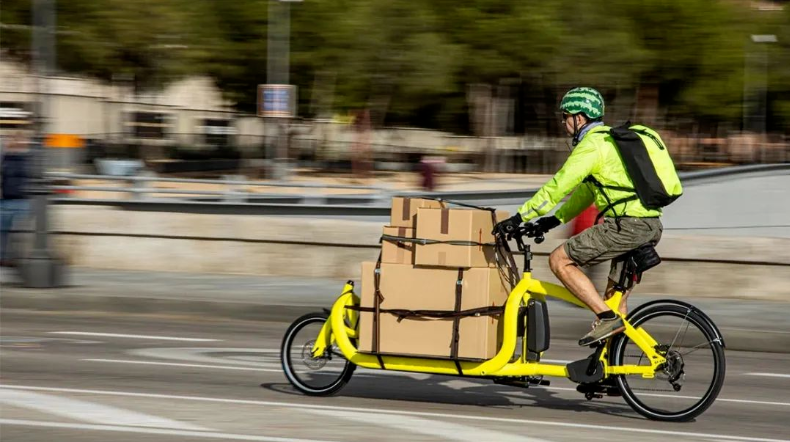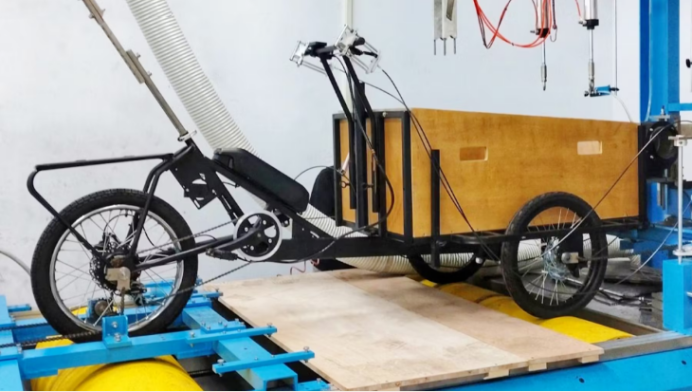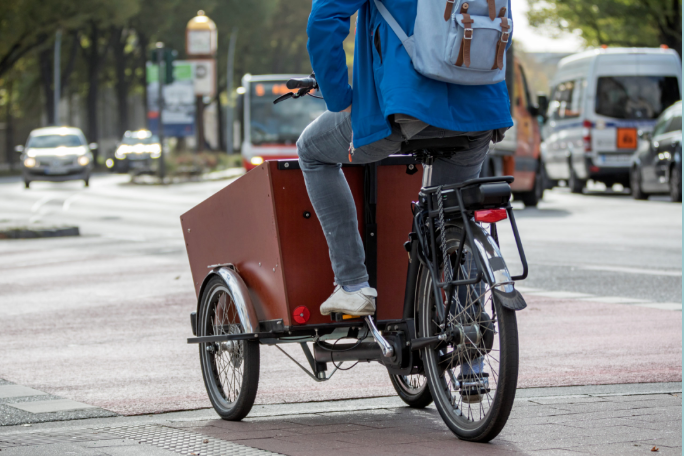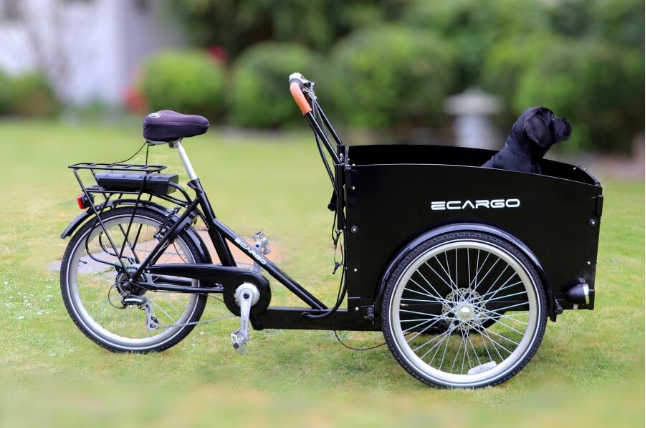Attention! Update Coming to European Electric Cargo Bike Standards
Electric cargo bikes are increasingly favored by both European households and businesses for their flexibility, speed, and sustainability. Currently, this recognition is spreading, with the global electric cargo bike market expected to grow significantly from $2.01 billion in 2024 to $2.92 billion by 2029, with the European market projected to increase from $1.05 billion to $1.6 billion.

Chih-Hao Lien emphasized that safety is a priority for manufacturers of electric cargo bikes. Currently, there is only one standard available for reference, and it applies only to Germany—DIN 79010:2020. Established in 2019, this standard covers the requirements and test methods for single-track and multi-track transportation of goods and passengers, including cargo bikes (including electric cargo bikes). However, this standard does not apply to other types of bicycles, such as those compliant with ISO 4210, ISO 8098, EN 16054, and EN 15194 standards.

For manufacturers selling electric cargo bikes in other EU countries, they must rely on the EN 15194 standard to certify city bikes and walking bikes equipped with motors. However, this standard does not take into account the special requirements of electric cargo bikes, especially in terms of enhanced load capacity. This may be one of the reasons why Babboe recalled some of its cargo bikes due to frame cracking issues. Additionally, conventional electric bike standards do not consider the safety of passengers/goods and the requirements of mixed bikes without chains or toothed belts.
New Content of EN 17860
The EN 17860 series of standards was initially announced in September 2017 and was developed by the CEN/TC 333/WG 9 working group, taking into account the current realities of the cargo bike market. Therefore, they will cover single-track cargo bikes (up to 300 kg), multi-track cargo bikes (up to 300 kg), heavy-duty cargo bikes (up to 650 kg), and bicycles with their own power drive.
The new content of the EN 17860 standard mainly focuses on expanding the DIN 79010:2020 standard, introducing stricter requirements and test method descriptions. It distinguishes between commercial and private use and adds requirements for electric trailers. The electrical requirements are similar to the current EN 15194 standard but include optional test methods for cargo bikes.

EN 17860-5 Electrical Requirements
EN 17860-5 standard covers the electrical aspects of electric cargo bikes, including functional and electrical safety requirements. This standard also requires electric auxiliary cycle trailers (EPACT) covered in EN 17860-7, as well as batteries and chargers used in cargo cycles. It is important to note that this standard does not apply to charging stations.
Additionally, EN 17860-5 specifies requirements and test methods for Safety Extra Low Voltage (SELV) systems with a maximum working voltage not exceeding 60Vdc (excluding transients). Electric cargo bikes must have methods to prevent unauthorized use, such as keys, locks, or electronic control devices. Batteries must comply with EN 50604-1:2016 and Amendment A1:2021, which are specific standards for light electric vehicle batteries.

All electrical components must undergo mechanical strength tests:
· Functional shock test – 100 shocks in each direction, totaling more than 600 shocks, according to EN 60068-2-27. The acceleration must be 150 m/s² within 6 milliseconds.
· Impact-related impact tests – drop from left and right sides five times each.
Expected Implementation Time of the New Standards
The EN 17860 series of standards is still under development. It is expected that parts 1, 2, 3, 5, 6, and 7 will be voted on in 2024, with part 4 possibly following up in 2025. Manufacturers should start preparing for the adoption of new standards now. The number of products requiring compliance testing is expected to increase in the market, especially for electric trailers, which will mean greater demand for testing services.

